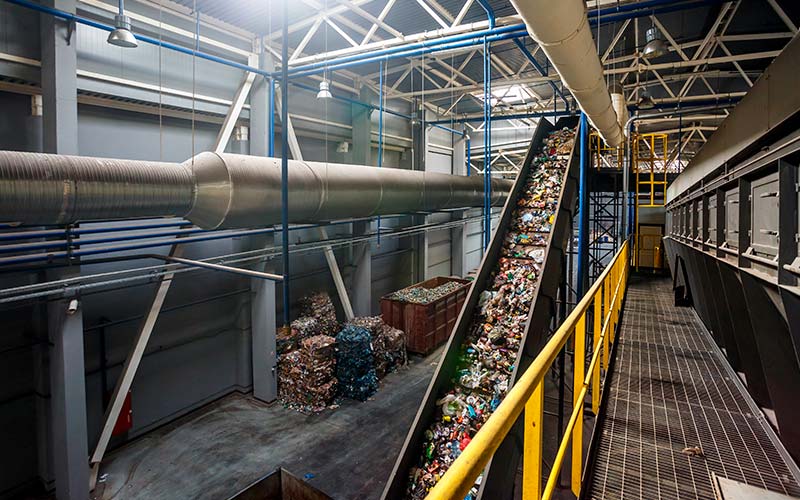How Regulators Can Drive the Ecological Transition in the Water Sector
This is the first installment of the Topic of the Month 'Shaping a resilient and net zero water supply and sanitation sector: the dawn of a revolution?'
How can regulators drive the ecological transition in the water sector?
Economic regulators were originally established to address harmful consequences arising from the natural monopoly situation of the sector.
With climate change, water scarcity, and pollution concerns rising, regulators now play a critical role in driving sustainability and must move beyond traditional oversight and support circular economy models, environmental cost recovery, and innovative practices.
Key Regulatory Challenges and Opportunities
- Reflecting Environmental and Resource Costs
While the EU’s Water Framework Directive (WFD) calls for full-cost recovery, including environmental and resource costs, implementation remains complex and weak. Economic regulators face legal and political obstacles in pricing water services to reflect their true cost. Improved collaboration with policymakers is needed to close this gap. - Promoting the Circular Economy
The sector must shift towards resource efficiency, wastewater reuse, and energy recovery. Regulators can facilitate this by setting incentives, such as performance-based tariffs or innovation funds, and supporting utilities that invest in sustainable practices like sludge-to-energy conversion and water recycling. - Addressing Emerging Pollutants
Chemicals, pharmaceuticals, and microplastics in wastewater pose growing risks. Economic regulators can integrate precautionary principles, enforce the “polluter pays” model, and push for investments in pollution control. - Innovation and Performance-Based Regulation
Some regulators are already implementing performance indicators (KPIs) linked to energy efficiency, leakage reduction, and CO₂ emissions. Funding models, such as innovation funds in the UK and Italy, are helping utilities experiment with green solutions.
A New Regulatory Mindset
To support the ecological transition, regulators must shift from mainly overseeing tariff setting to promoting sustainable and resilient water supply and sanitation services. By embedding sustainability, innovation and resilience targets into economic rules, regulators can help shape a climate-friendly water supply and sanitation sector.






